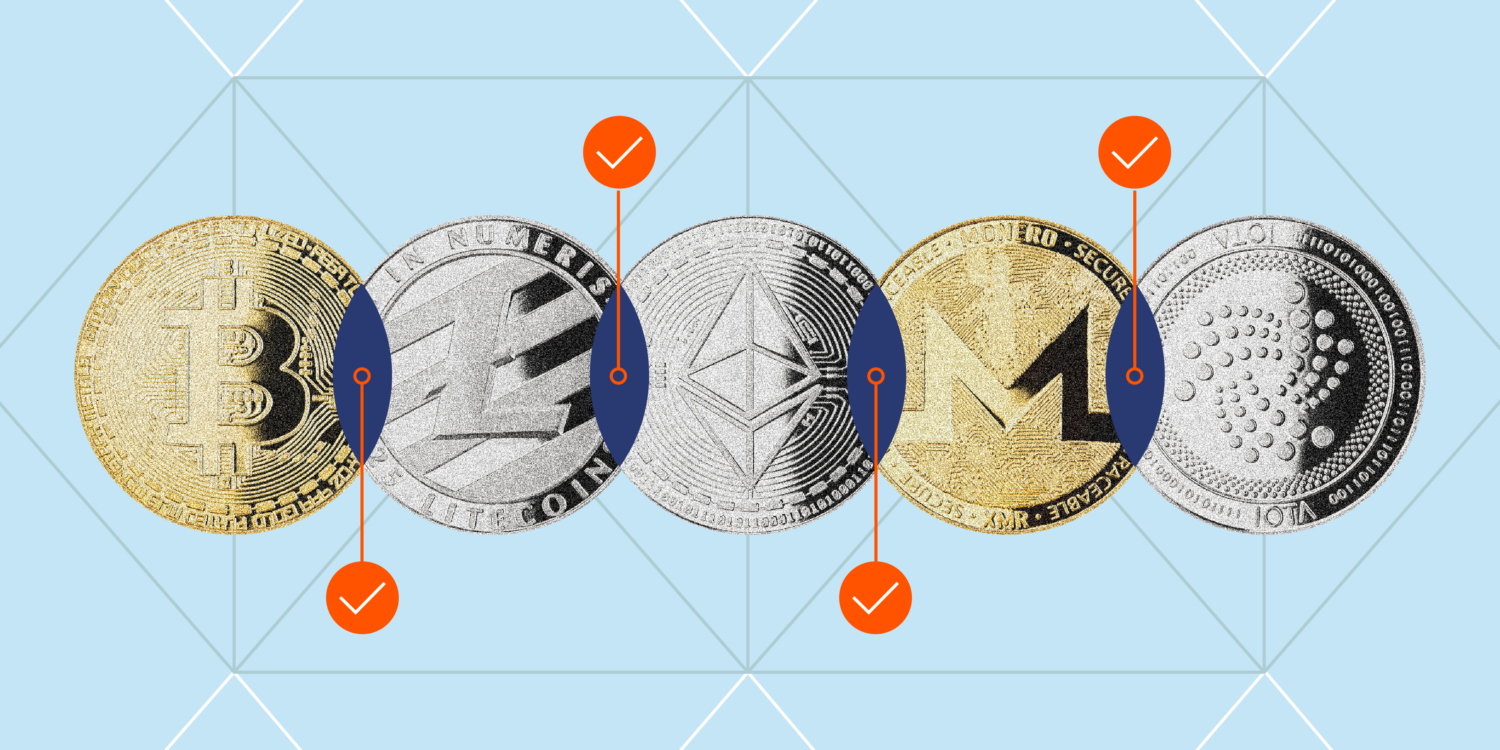Did you know that in the world of trading, a misplaced decimal point can cost you more than just a few bucks—it could land you in legal hot water? In this article, we dive into the legal risks associated with day trading in forex and crypto markets. From understanding the main legal challenges you might face to determining what licenses are necessary, we cover essential topics like the legality of crypto trading in various jurisdictions, the potential for criminal charges, and the oversight from regulatory agencies. We’ll also explore the implications of trading violations, the risks of using unregulated brokers, and how tax laws can impact your trading activities. Finally, we’ll discuss the legal status of crypto trading bots and the importance of compliance with anti-money laundering laws. Stay informed with DayTradingBusiness to navigate the complex landscape of trading regulations effectively.
What are the main legal risks of day trading forex?
The main legal risks of day trading forex include violating trading regulations, unauthorized trading activities, and potential penalties for failing to comply with anti-money laundering laws. You could face fines or account restrictions if you're caught trading without proper licenses or outside legal boundaries. Additionally, using insider information or engaging in deceptive practices can lead to legal action. Regulatory changes can also suddenly impact your ability to trade, risking account freezes or legal sanctions.
Is day trading crypto legal in my country?
I need to know your country to answer that.
What licenses or permits do I need for forex day trading?
You typically need a business license or registration if you’re trading forex professionally or as a business. In the U.S., you might require registration with the Commodity Futures Trading Commission (CFTC) and membership in the National Futures Association (NFA). Some states or countries demand specific licenses for financial trading. Always check local regulations to ensure compliance with licensing and permits for forex day trading.
Can I face criminal charges for illegal crypto trading?
Yes, you can face criminal charges for illegal crypto trading if you violate laws like operating without proper licenses, engaging in fraud, or money laundering. Authorities pursue illegal crypto activities aggressively, and penalties include fines and jail time.
How do regulatory agencies oversee forex day trading?
Regulatory agencies oversee forex day trading by setting rules on leverage, minimum capital, and trading practices. They monitor broker licenses, enforce transparency, and investigate fraud or manipulation. Agencies like the CFTC and NFA in the US require brokers to follow strict compliance, ensuring traders are protected from unfair practices. They also impose reporting standards and conduct audits to maintain market integrity.
What penalties exist for violating trading laws?
Penalties for violating trading laws include hefty fines, license revocation, and criminal charges. Regulators can seize assets, impose jail time, or ban individuals from trading. Violations like insider trading or market manipulation can lead to severe legal action.
Are there restrictions on leverage in forex or crypto trading?
Yes, both forex and crypto trading often have leverage restrictions. Many countries limit leverage to protect traders from excessive risk—such as the EU capping forex leverage at 30:1, while some crypto platforms offer higher leverage but face tighter regulation or bans. Always check local laws and platform rules before trading.
How can I ensure my crypto trading complies with regulations?

To ensure your crypto trading complies with regulations, stay updated on local laws and licensing requirements, use regulated exchanges, implement anti-money laundering (AML) and know-your-customer (KYC) procedures, keep detailed records of all transactions, and consult with a legal expert familiar with crypto regulations in your jurisdiction.
What are the risks of unregulated forex brokers?

Unregulated forex brokers pose risks like scams, fund theft, and lack of legal protection if disputes arise. They often operate without oversight, making it hard to recover lost money. You may face sudden account freezes, unfair spreads, or forced closures without notice. Without regulation, there's no guarantee of transparency or fair trading practices, increasing the chance of fraud or manipulation.
Can day trading lead to legal disputes or lawsuits?
Yes, day trading forex and crypto can lead to legal disputes or lawsuits, especially if traders engage in fraudulent activities, violate regulations, or breach contracts. Regulators may investigate if trading practices appear deceptive or manipulative, risking legal action. Misrepresentation, insider trading, or failing to comply with licensing requirements can also trigger lawsuits.
Learn about Can Day Trading Lead to Legal Action?
What is the legal status of automated crypto trading bots?
Automated crypto trading bots are legal in many countries, but regulations vary. Using them is generally permitted if they comply with local laws, but some jurisdictions ban or restrict automated trading tools. Traders must ensure their bots follow rules on market manipulation and fair trading. Failure to do so can lead to legal penalties or account bans. Always check your country's specific regulations before using crypto trading bots.
How do anti-money laundering laws affect crypto traders?
Anti-money laundering laws require crypto traders to verify identities and report suspicious transactions, increasing compliance costs and administrative burdens. They risk legal action if they fail to follow know-your-customer (KYC) and anti-money laundering (AML) regulations. These laws can lead to account freezes, transaction restrictions, or even criminal charges if traders are suspected of money laundering. Overall, AML laws make crypto trading more regulated, demanding transparency and increasing the chances of legal scrutiny.
Learn about How Do Anti-Money Laundering Laws Affect Day Traders?
Are tax laws a legal risk for day traders in forex and crypto?
Yes, tax laws are a legal risk for day traders in forex and crypto. Failing to report earnings or misinterpreting tax obligations can lead to fines, penalties, or legal action. Different countries have specific rules on how forex and crypto profits are taxed, and non-compliance can result in legal trouble.
What should I know about cross-border trading regulations?
Cross-border trading regulations vary by country, affecting forex and crypto day trading. You must understand each jurisdiction’s rules on licensing, reporting, and taxation. Non-compliance can lead to legal penalties, fines, or account freezes. Some countries restrict or ban crypto trading, while others require specific licenses for forex brokers. Be aware of currency controls, KYC, and AML laws that can limit or complicate cross-border trades. Always verify your broker’s regulatory status and ensure your trading aligns with local laws to avoid legal risks.
How does customer protection law impact forex and crypto traders?
Customer protection laws require brokers to follow strict regulations, which can limit risky practices and ensure transparency. For forex and crypto traders, this means safer trading environments, but it also adds compliance burdens that can restrict certain trading strategies. Violations of these laws can lead to legal penalties for brokers, reducing fraud and scams that traders might face. However, in unregulated or poorly regulated markets, lack of customer protection increases risk of fraud, manipulation, and loss. Traders in heavily regulated regions benefit from dispute resolution and fund safeguards, while those in less regulated areas face higher legal risks.
Conclusion about Legal Risks of Day Trading Forex and Crypto
Understanding the legal landscape of day trading in forex and crypto is crucial for safeguarding your investments. Traders must be aware of the specific regulations in their jurisdictions, including licensing requirements and compliance with anti-money laundering laws. Violating these laws can lead to severe penalties, including criminal charges and legal disputes. To navigate these complexities, staying informed and seeking guidance from experts, like those at DayTradingBusiness, can help ensure that your trading practices remain within legal boundaries and protect your financial interests.